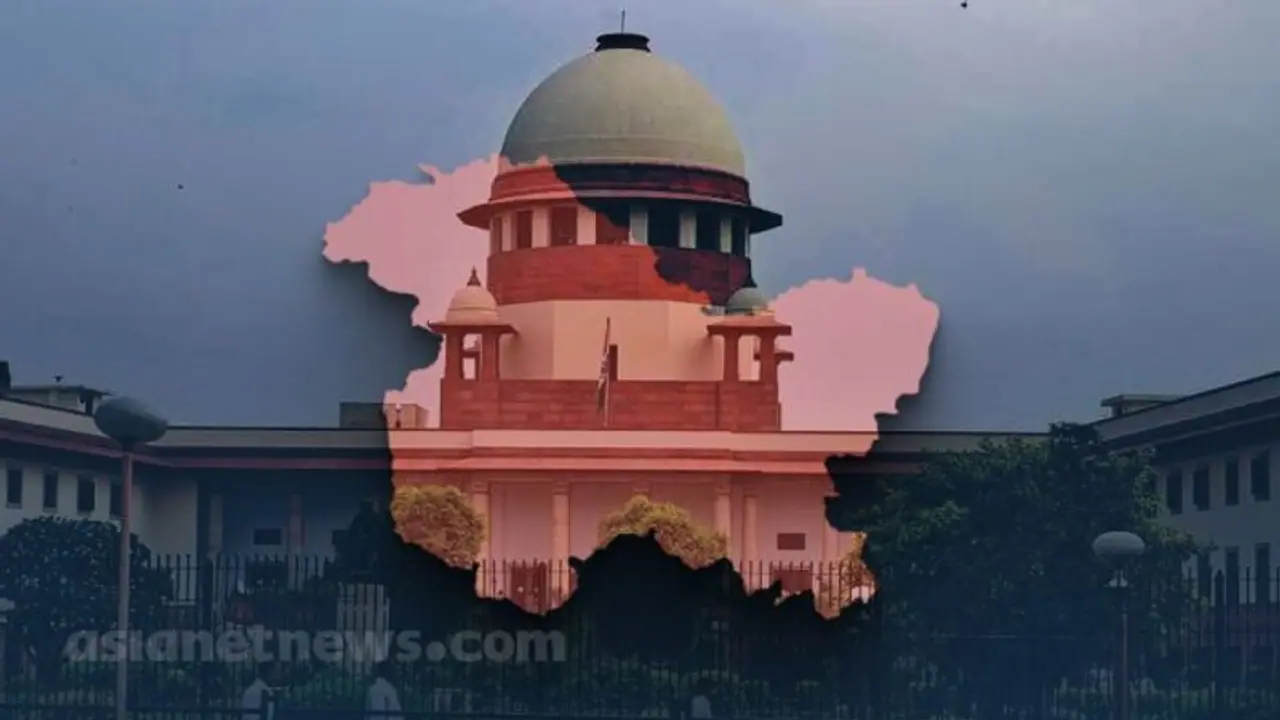While China reiterated its stance that the abrogation of Article 370 in Jammu & Kashmir is a dispute between India and Pakistan and urged parties to safeguard stability in the region, Pakistan's Foreign Minister rejected the Indian Supreme Court's endorsement, stating that international law does not recognize India's actions.
A day after the Supreme Court upheld the abrogation of Article 370 from Jammu & Kashmir, China reiterated that it’s a dispute between India and Pakistan and suggested peaceful resolutions between the two parties. In reply to a query, Chinese foreign ministry spokesperson Mao Ning said: "China's position is consistent and clear. It’s a dispute between India and Pakistan and it should be properly addressed in peaceful means according to UNSC resolutions and relevant bilateral agreement."\

"Parties need to safeguard stability in the region," she said. China's all-weather friend, Pakistan has also reacted in a similar connotation.
Pakistan’s Foreign Minister Jalil Abbas Jilani said: "International law does not recognize India’s unilateral and illegal actions of 5 August 2019. The judicial endorsement by the Indian Supreme Court has no legal value. Kashmiris have an inalienable right to self-determination in accordance with the relevant UNSC resolutions."
Stating that Jammu & Kashmir is an internationally-recognised dispute, which remains on the agenda of the UN Security Council for over seven decades, Pakistan’s foreign minister in a press conference said: "The final disposition of Jammu & Kashmir is to be made in accordance with the relevant UN Security Council Resolutions and as per aspirations of the Kashmiri people."
Jilani also said that Pakistan does not acknowledge the supremacy of the Indian Constitution over Jammu and Kashmir.
"Any process, subservient to the Indian Constitution, carries no legal significance. India cannot abdicate its international obligations on the pretext of domestic legislations and judicial verdicts," he said.
Over the Kashmir issue and cross-border terrorism emanating from Pakistan, the two countries have soured relations over the decades. It worsened since New Delhi repealed Article 370. On Monday, the apex court unanimously upheld the Centre government's decision of August 2019 to repeal Article 370, which bestowed a special status on the erstwhile state of Jammu and Kashmir.
Article 370 was temporary; J&K does not have internal sovereignty: 14 observations of Supreme Court
